
Family legends sound convincing until science steps in. Millions of Americans are learning that inherited stories don’t always match inherited genes. With each saliva sample comes a wave of redefined identity and privacy questions. Would you like to know what your DNA really says—and doesn’t? Then, get ready to be surprised.
Unexpected Results Common In DNA Ancestry Tests
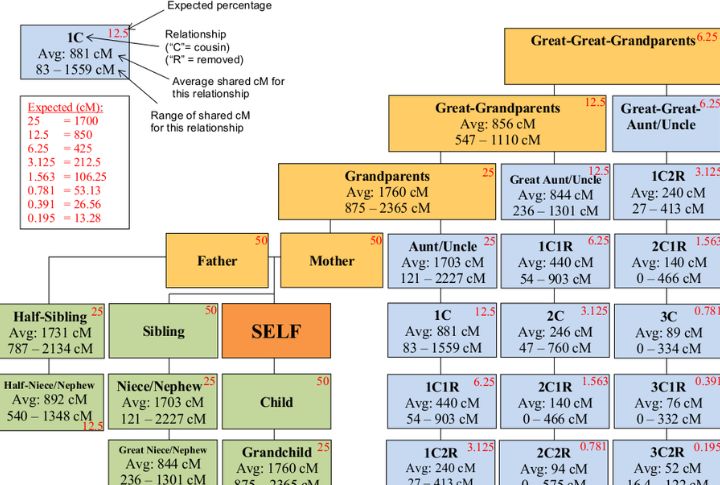
You might expect to see confirmation of family lore. Yet nearly 40% of people report at least one surprising result from DNA ancestry tests. A supposed Irish background may turn out to be Mediterranean. So maybe, your Grandma’s stories might’ve come from the travel channel, not the family tree.
Surprising Ancestral Findings Among Self-Identified Whites

Can you be racially white and genetically part African? Research in the American Journal of Human Genetics says yes. Nearly 2% of self-identified whites carry African ancestry markers. These findings highlight the hidden layers in many Americans’ DNA, shaped by centuries of migration, slavery, and silent genealogical blending.
Impact Of DNA Testing On Multiracial Identity Reporting
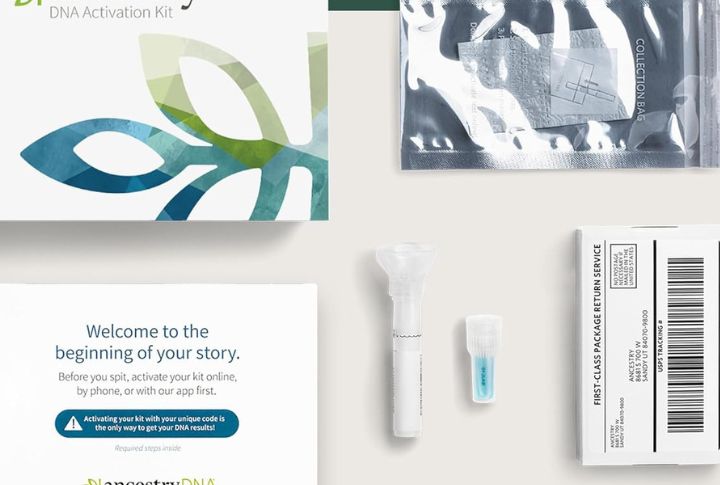
The 2020 U.S. Census revealed a 276% spike in Americans identifying as multiracial. That shift coincided with the popularity of home DNA tests, prompting people to re-express their racial identities. And for many, genetic reports added nuance—or confusion—to what had long been a singular ethnic self-concept.
Variability In DNA Test Results Across Companies
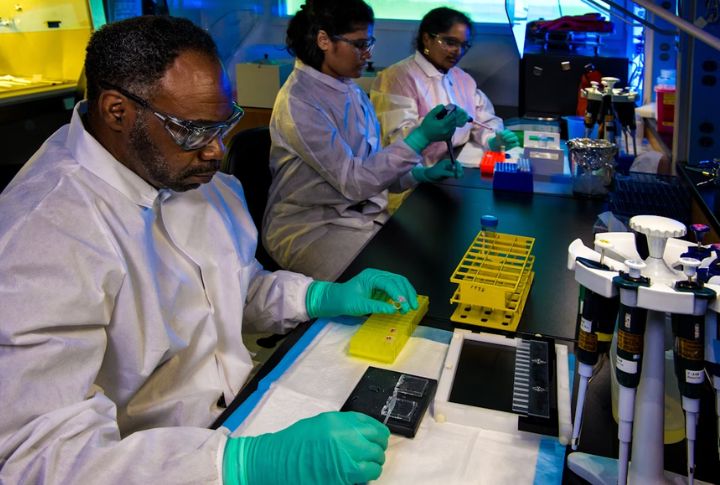
Submit the same sample to different companies, and you might get completely different results. Each one relies on its own database and algorithm, so regional categories and even definitions of ethnicity often vary. These inconsistencies make side-by-side comparisons difficult and can leave people questioning what their DNA is actually revealing.
Ancient DNA Reveals Unexpected Civilizational Links
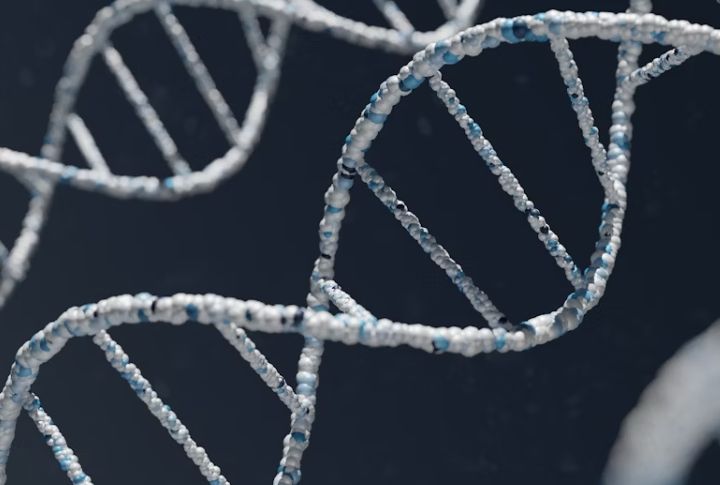
A recent analysis of a 4,500-year-old Egyptian genome uncovered a surprising connection: approximately 20% of the individual’s ancestry traced back to Mesopotamia, indicating early cross-cultural interactions between Egypt and Sumeria. This finding challenges previous assumptions about ancient civilizations’ genetic isolation and suggests a more interconnected ancient world.
Challenges In Tracing Native American Ancestry
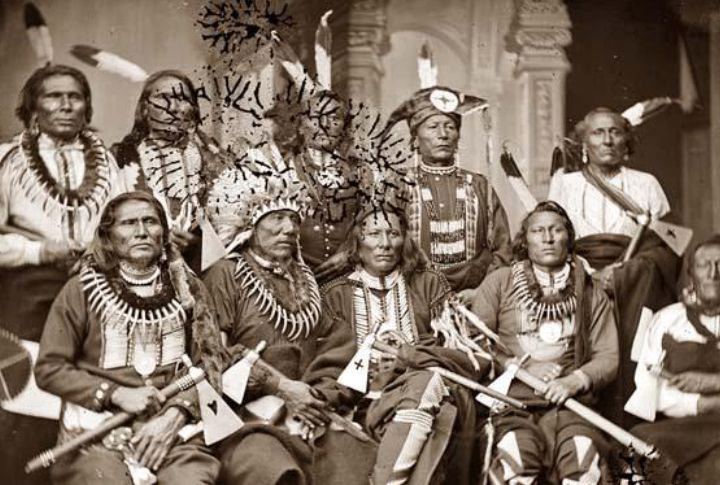
Finding a small percentage labeled “Indigenous Americas” on a test doesn’t confirm tribal connection. Tribal membership involves legal, cultural, and historical dimensions—none of which are defined by genes alone. DNA can hint at distant links, but it won’t validate Native ancestry in a meaningful or recognized way.
Privacy Concerns With Direct-To-Consumer Genetic Testing
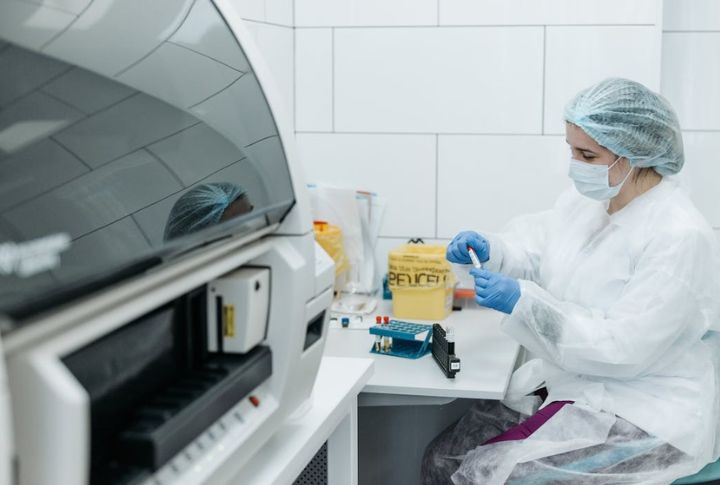
While you’re busy processing a newly discovered heritage, there’s another layer worth noticing. The same DNA that rewrites your family story may also be stored, sold, or shared by the testing company. Some even hand over data to researchers or law enforcement. And since your genetic code isn’t something you can swap out, those privacy risks aren’t temporary.
DNA Testing Fuels Adoption Reunion Booms

Consumer DNA tests are becoming an unexpected tool for adoptees and birth parents trying to reconnect. Platforms like 23andMe and Ancestry.com have led to a surge in adoption reunions—sometimes decades after separation. What once required private investigators can now begin with a simple match notification. But these reunions can also stir complexity.
Emotional Impact Of Unexpected Genetic Discoveries

A surprising DNA result can stir anything from excitement to unease. Finding out you have a sibling you never knew about, or that a parent isn’t who you thought, can feel like your personal story is being rewritten as you read it. Experts say many people misjudge the emotional impact, especially when identity takes an unexpected turn.
Who Controls Your Genetic Information?

Submitting your DNA is not just a personal decision. It also creates a legal relationship that often favors the testing company. In many cases, companies retain rights to your genetic data even after results are delivered. You may have access to your report, but full ownership and control are usually defined by terms you agreed to without realizing it.

